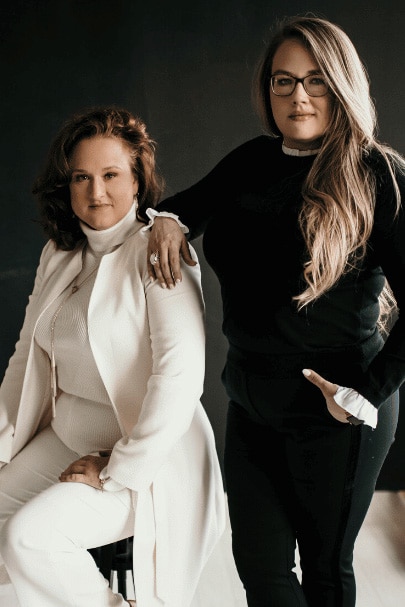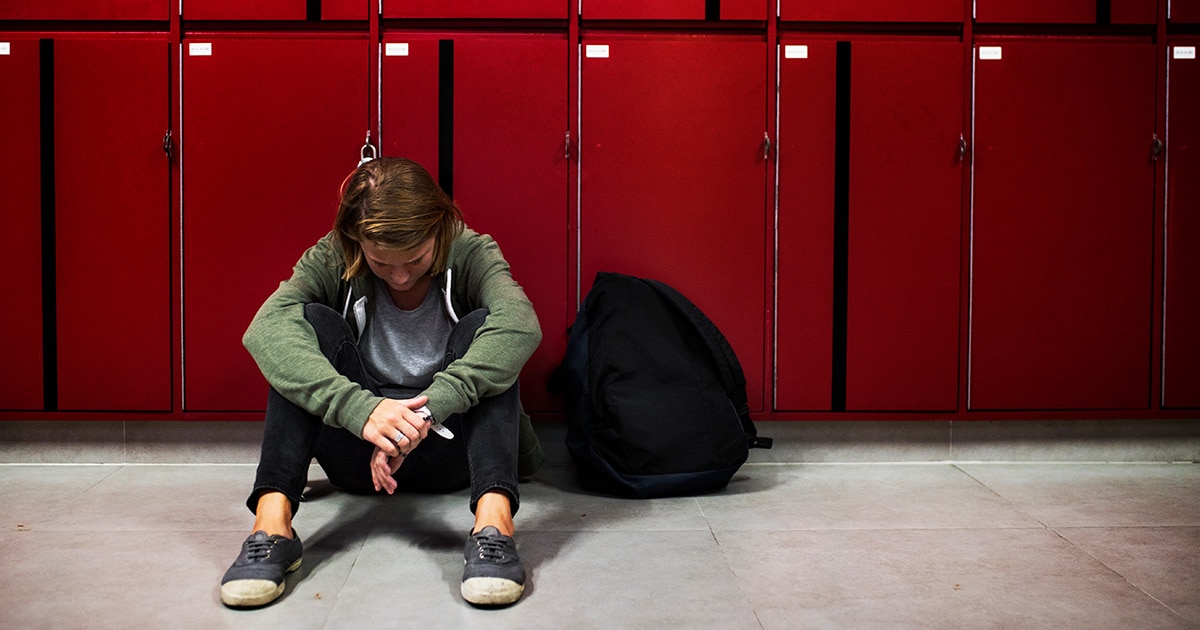Carter Law Group’s sexual assault lawyers are ready to build a strong and effective case for victims of sexual crimes on campus. Contact us today.
Representing Victims of Sexual Crimes on Campus – Sexual Assault, Abuse, and Rape Across the Country.
The campus organizational structure has allowed abusers, assaulters, and rapists to prey on students with little to no repercussion for decades. Bureaucratic red tape and an overriding need to keep a good public profile means that allegation after allegation have been simply swept under the rug. This kind of system allows predators to hide in plain sight, attacking victim after victim, child after child, woman after woman, man after man, with little concern for getting caught.
It Stops Now
With the rise of the #MeToo movement and survivors being more vocal than they ever have before, campus sexual assault and sexual assault within campus-based organizations receive significant media attention. The strength survivors are displaying so publicly encourages more and more survivors to come forward every day.
But it is still often particularly daunting for these survivors to come forward. Carter Law Group attorneys are trained to avoid retraumatization triggers and do everything in their power to make our clients feel as comfortable with us as possible.
If you or a loved one experienced sexual crimes on campus or while involved in a campus-based organization, reach out to one of our trained sexual assault attorneys today. As always, consultations with Carter Law Group are free.
What Does “Campus” Mean?
Campus assault includes attacks that occur in schools, universities, fraternities, sororities, or any other organization affiliated with a university system. Carter Law Group’s campus sexual assault attorneys represent survivors in all manner of campus assaults, against all manner of university organizations, and against the perpetrators themselves.
What is Title IX?
Campus sexual assault cases are normally brought under Title IX. Title IX is a federal civil rights law that was passed as part of the Education Amendments of 1972 and provides that
“No person in the United States shall, on the basis of sex, be excluded from participation in, be denied the benefits of, or be subjected to discrimination under any education program or activity receiving Federal financial assistance.”
Title IX applies to any institution receiving federal financial assistance from the Department of Education, including state and local educational agencies.
Under the Student Right-to-Know and Campus Security Act, universities are required to disclose information about sexual crimes that occur on campus. Campuses are also required to develop specific policies to prevent sexual assault. This rule is a general one, however, and has resulted in sexual assault polices that vary widely from state to state and campus to campus.
Statutes of Limitations for Sexual Crimes on Campus
Because more and more states are passing laws extending statutes of limitations—the time period in which you must file a lawsuit—the deadlines to file cases are constantly evolving. Act quickly and contact an experienced sexual crimes attorney to discuss your legal options today. We may be able to help you. Contact us today for a confidential and free discussion.
Sexual Crimes on Campus Sports
Like campus assault, abuse, and rape generally, survivors of sex crimes within campus sports can often bring a civil lawsuit under the protections Title IX affords. Sex crimes involving campus sports in some way, however, are subject to additional scrutiny and reprimand from the National Collegiate Athletic Association (NCAA).
The glorified positions collegiate athletes, coaches, and staff revel in often leads to additional victim silencing. Survivors of sexual assault, sexual abuse, and rape involving a member of the university’s sports organization face additional pressures to stay silent, additional red tape in getting their complaints filed and heard, and significantly more public backlash. Collegiate athletes, coaches, and staff are often revered members of not only the university system, but the local town.
For instance, in recent years, Baylor University has come under intense scrutiny after several women stepped forward with details of sexual assaults committed by Baylor Bears football players—assaults the coaching staff was allegedly aware of. In 2016, Baylor’s football coaching staff came under fire when it was discovered that university officials knew about the alleged rapes and assaults and did nothing. This led to mass outstings—Art Briles, the head football coach, Ken Starr, the University President, Ian McCaw, the Athletic Director, two others connected with the football program, and Patty Crawford, the school’s Title IX Coordinator.
The Baylor football sexual assault scandal came on the heels of perhaps the most disturbing campus sex crime story in recent history—the decades of child abuse Jerry Sandusky committed at Penn State in his role as the school’s assistant football coach. Sandusky was ultimately convicted on 45 different counts of child sex abuse, committed against children he coached and mentored in his role as a football coach. The legal battle revealed that the school knew of the child abuse and failed to report it. This led to three Peen State officials—school president Graham Sparnier, vice president Gary Schultz, and athletic director Tim Curley—being charged with perjury, obstruction of justice, failure to report suspected child abuse, and other related charges.
In each of these cases—and most other cases of NCAA or collegiate sport assault—survivors face intense public scrutiny because the accused assaulters hold so much public favor simply by virtue of their role in collegiate sports.
But they don’t have to bear it alone.
Carter Law Group Fights For Victims of Sexual Crimes on Campus
If you are a survivor, call Carter Law Group today. Call (214) 390-4173 During your free consultation, we can discuss every option available to you. We are here to guide you in the right direction and to stand by your side while we fight for the compensation you’re owed. Contact us today for a confidential and free discussion.





